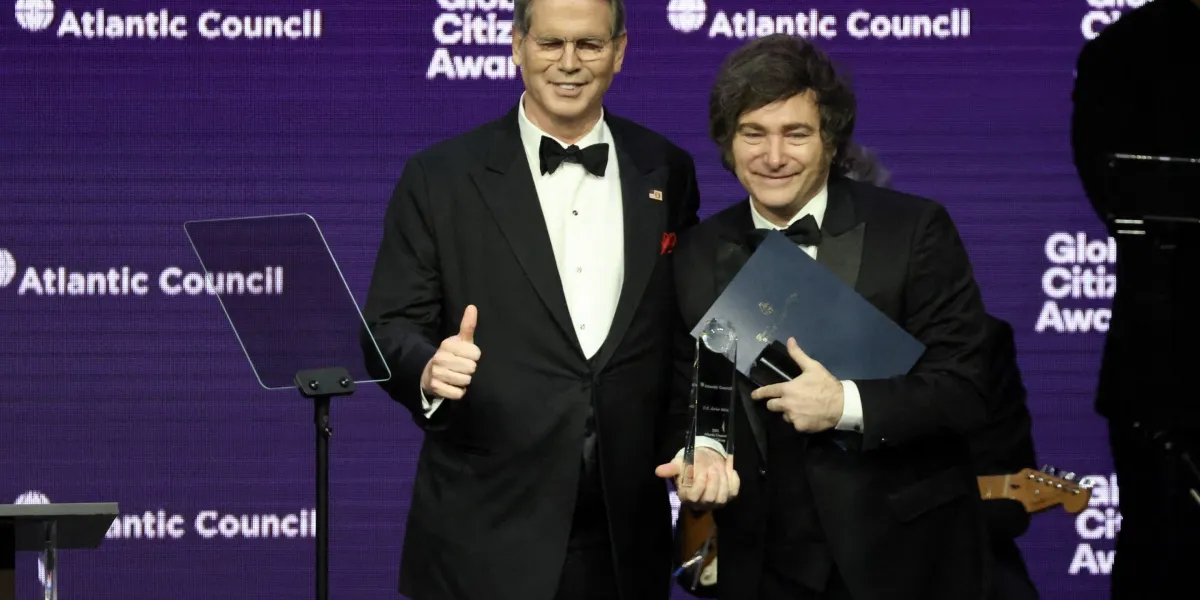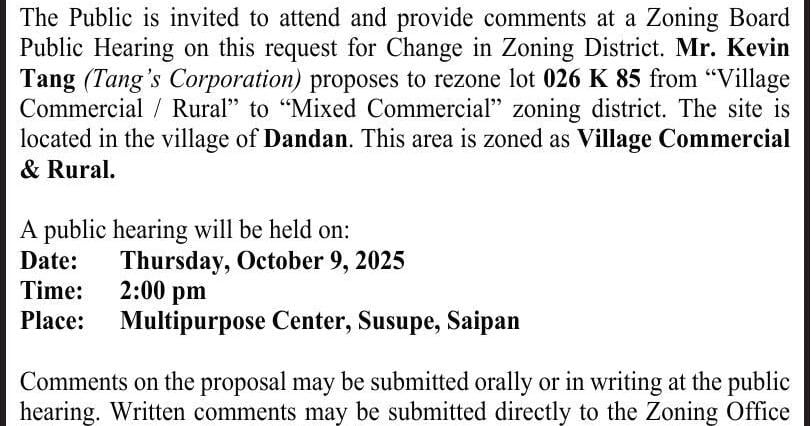Scott Bessent tells NYC to ‘drop dead’ while he arranges a $20b swap line for Argentina’s chainsaw-wielding, dog-cloning president

Mamdani, of course, is the little-known, outer-borough millennial assemblyman turned mayoral favorite who trounced Andrew Cuomo in the Democratic Primary in June. Business leaders have been uniformly appalled by his far-left platform and affiliation with the Democratic Socialists of America (DSA), a group associated with figures including Sen. Bernie Sanders (I-Vt.) and Rep. Alexandria Ocasio-Cortez (D-N.Y.). Jamie Dimon, for instance, called Mamdani “more of a Marxist than a socialist,” although Mamdani has also reportedly engaged the JPMorgan CEO in a friendly phone call. President Donald Trump said it looks like Mamdani is going to win, while ripping the Republican candidate Curtis Sliwa for his shelter-cat adoptions, being “not exactly prime time.”
Mamdani’s unapologetically progressive platform includes free childcare, city-owned grocery stores, hundreds of thousands of affordable housing units, and higher taxes on the wealthy and large corporations. Bessent told Fox Business Mamdani will be on his own if these plans go awry.
“I guarantee you—and there are not a lot of things in life that are sure—that New York City will be coming to the federal government for a bailout if the Mamdani plans are implemented,” Bessent said. Invoking the New York Daily News headline when President Gerald Ford declined a New York City bailout in 1975: “It will be the same thing that Gerald Ford said: Drop dead.” But Bessent has been organizing a $20 billion swap line for a foreign government at the same time.
Argentina’s chainsaw president
Almost simultaneously, Bessent has played a pivotal role in masterminding a $20 billion swap line deal for Argentina under President Javier Milei. The libertarian economist is infamous for his campaign theatrics, often wielding a chainsaw, and for his eccentricities, such as the four cloned dogs of his beloved mastiff, Conan, named after his favorite economists (Milton, after Friedman, then Murray after Rothbard, and Robert, and Lucas after Robert Lucas Jr.). He has also taken radical action to solve Argentina’s decades-long hyperinflation and economic crises, adopting the kind of “shock therapy” advocated by his economic heroes, with some promising early results before yet another currency crisis this September. To put it into context, inflation in Argentina has declined from over 200% in 2024 to 33.6% today, but analysts criticize the peso for being overvalued.
The latest market run on the peso, to be clear, is not all to do with Milei’s shock therapy; politics are still involved. A political scandal surrounding insiders in Milei’s administration and voter anger over spending cuts resulted in a surprising defeat in local elections, and the sharp selloff afterward left the government burning through reserves to keep its currency pegged to the dollar. (It’s no sure thing Argentina sticks with the peso, as Milei has proposed “dollarization,” officially adopting the dollar as legal tender.)
While President Milei hailed the deal as a vote of confidence in his shock-therapy approach, critics accused Bessent and international financiers of propping up a reckless administration synonymous with both economic experimentation and authoritarian overtones.
Political and economic aftershocks
Bessent’s dual interventions—threatening to cut off New York under a socialist mayor and channeling billions to Argentina’s most polarizing leader in decades—have set off fierce debate over the role of private capital in shaping public destinies. His invocation of “drop dead” has become a rallying cry for critics who see the consolidation of financial power as fundamentally undemocratic, even as it draws praise from business leaders and conservative politicians wary of progressive economic ambitions.
As New York braces for a likely Mamdani administration and Argentina tests the limits of Milei’s chainsaw economics, Bessent’s blunt warnings and behind-the-scenes financial deals illustrate the uneasy balance between democratic ideals and market discipline—one in which, ironically, both cities’ fates may increasingly depend on the judgments of a handful of powerful financiers.
For this story, Fortune used generative AI to help with an initial draft. An editor verified the accuracy of the information before publishing.



